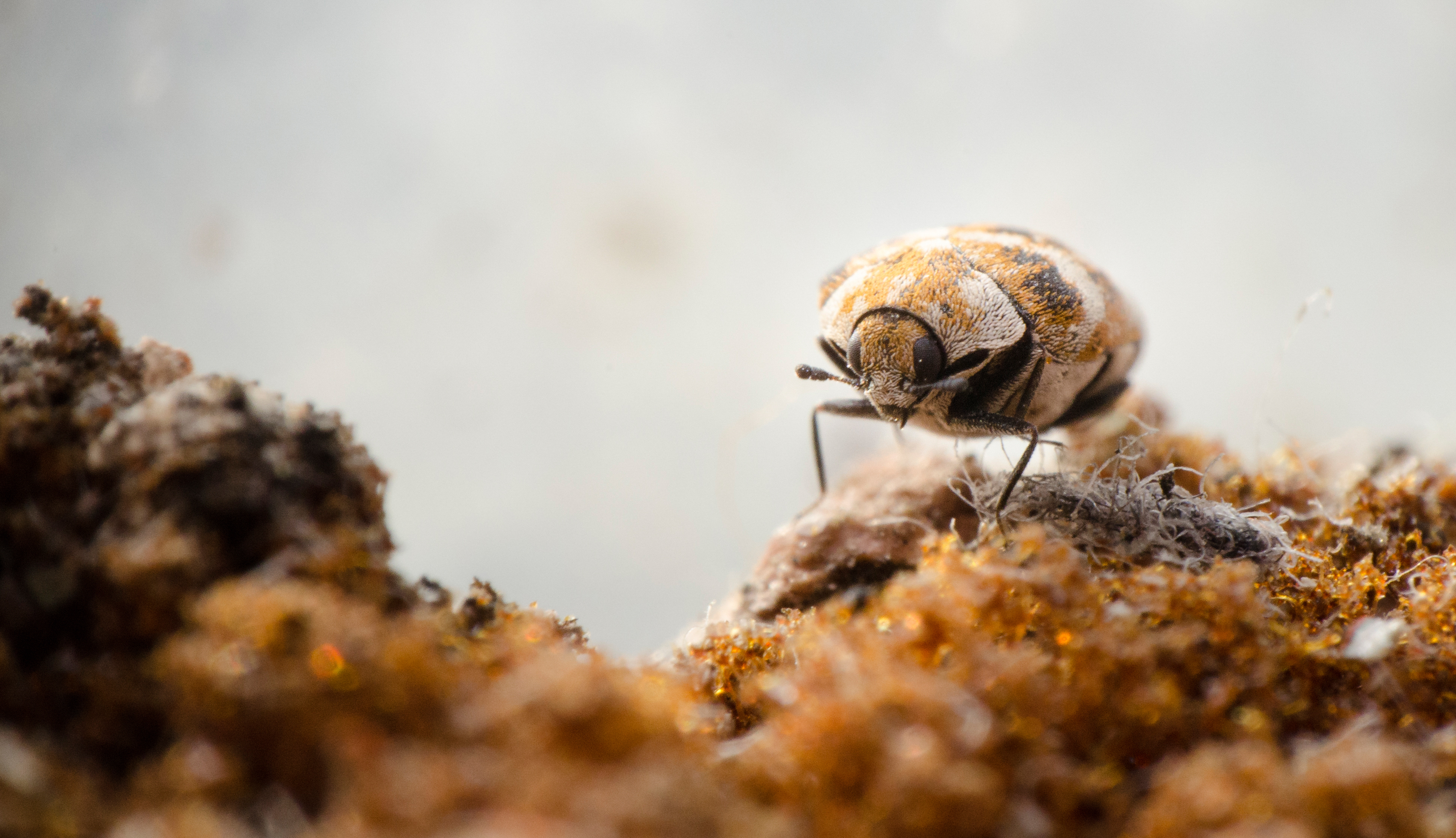Death is a natural and necessary part of life. As Chris Packham explained in Earth, even extinction has its upsides as it clears the way for new life. However, having a bunch of corpses lying around is a nightmare for disease spread, but fortunately life… uh… found a way, to take care of all the gooey stuff.
Lecturer in Forensics at the University of Kent Dr Devin Finaughty calls this the decomposition ecosystem. It’s a sophisticated series of processes that takes a body and breaks it down until all that’s left is a skeleton, a process known as skeletonization.
Before we reach the neat, and crucially, non-contagious skeleton, there are all kinds of tissues that have to be taken care of. In an interview with IFLScience for CURIOUS Live, a virtual event connected to our e-magazine CURIOUS, Finaughty walked us through those processes. But a curious point he also raised is that death itself is not a single moment.
What happens when you die?
Dr Devin Finaughty: Decomposition starts really soon after death, and one thing I just want to clarify is that death is not like a single moment. It is a cascade of reactions and processes that happens over time.
What will typically happen is that the individual will lose consciousness and then they will proceed towards suppression of breathing and heart rate, at which point that will stop. Or they might lose consciousness as a result of those two processes stopping. Either way, that is what we term clinical death. So, that’s the death that you can be brought back from, you can be revived multiple times if necessary.
The problem is, once your heart stops pumping, once oxygen has stopped circulating, your cells only have so much oxygen available to produce their energy source, which is known as adenosine triphosphate (ATP). Once the cell runs out of oxygen to produce ATP, it can go into anaerobic respiration and produce ATP that way.
The problem with that is that it’s a very energy-inefficient process, and it generates lactic acid as a by-product. So, there’s a limited period of time, and anyone who’s gotten a major cramp whilst doing exercise knows all about this.
Once the cell runs out of ATP, its cellular transport mechanism has stopped working, which means that it can no longer exchange with its extracellular environment. That means that the internal conditions in the cell start to deteriorate, it becomes more acidic, that acidity starts to dissolve the lysosome within the cell, and once the lysosome wall breaks open, all of the enzymes and lysosomes that are inside it come out, and they start damaging the cell.
Eventually, the cell will just rupture and this is a process known as necrosis and it’s distinct from apoptosis, which is programmed cell death. That’s because apoptosis is technically reversible, whereas necrosis (or autolysis, as we would term it), is a non-reversible process.
The problem then is that the cell spills out all of these toxins and lysosomes and things into the extracellular environment and that starts damaging the adjacent cells, which are also experiencing the same kind of internal stress. So, you get this cascade of cellular death.
It happens first in the tissues that have the highest oxygen, and the highest water content. So, your brain, stomach, your lungs, that kind of thing. Your brain would be the first one to really stop working because it takes 20 percent of the glucose that our bodies require. It’s very, very energy-demanding.
That takes about four minutes, so from the time that your heart stops beating, you’ve got about four minutes until the brain cells start to die and that process is also irreversible. Once a sufficient quantity of brain cells have died, that is when you will experience brain death.

Even bacteria, flies, and maggots can’t get rid of keratin. For that, you need carpet beetles.
Image credit: Levente Nuber / Shutterstock.com
Other parts of your body will persist and they can persist for quite a long time, surprisingly, but once you lose the neural control, the whole system that is working against equilibrium fails. And that, from a chemical perspective, is what death really is. It is a failure of our biological systems that prevents a return to chemical equilibrium, and everything that then proceeds from that point onwards is typified to an extent by return to equilibrium with the exception where you’ve got all these biotic agents acting on the body.
That’s because once all of that stops working, your immune system stops working, and because your immune system stops working, the bacteria that are intrinsic to our guts, which outnumber our cells 20-to-one, they are no longer constrained. So, they have a massive food bonanza and will start to consume everything.
They’ll go through the lining of your gastrointestinal system and into your bloodstream and start to spread out throughout the body. They will start to metabolise substrates in your body, starting off with the sugars that are on the surface of our cells and that are being leached out of the cells.
Then they’ll proceed towards more complex carbohydrates and fats. That is truly the start of decomposition and their metabolism produces a range of by-products called volatile organic compounds, which is what we smell as death.
Anyone who has smelled a dead body, not necessarily a human body, but anything dead that starts to go off, [that smell is] volatile organic compounds, and there about 400 to 500 of them that we’ve identified from humans so far, and that’s what brings insects in.
Want to find out what happens next? Check out the full interview on YouTube.
Source Link: Death Isn’t A Single Moment, So What Happens When You Die?